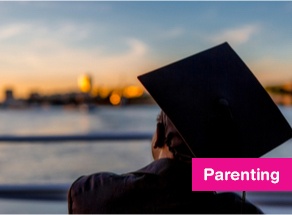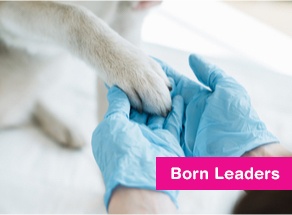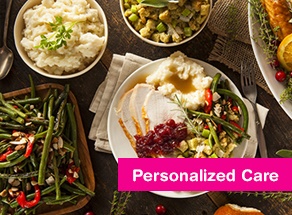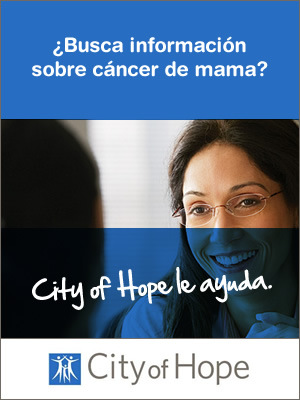Caregiving
Growing Up in a Culture That Values Family Caregiving
17/10/2016 11:34am | 7696 viewsby Annette Prieto
To me, family caregiving has always been a natural part of
life. In fact, my very first memories of my grandmother were of her taking care
of her mother. My great-grandmother was bedridden and had Alzheimer’s disease,
and as the oldest daughter of nine children, my grandmother felt it was her duty
and obligation to take care of her mother. In our culture and our family, that
is just what you do.
Self Advocacy
Pope Francis says Church should not “interfere” with homosexuality, gay marriage
05/10/2015 04:24pm | 6589 viewsIn a revealing interview just six months into his papacy, Pope Francis said that the Catholic Church should not “interfere spiritually” on the issues of homosexuality and gay marriage, stating that he wants to change the attitude of the church on these topics.
Self Advocacy
The Messy Art of Balancing Life and Work
30/07/2015 06:00am | 7217 viewsI remember the day I came home with my newborn son. I sat down on the couch and began incessantly sobbing. In a flash, I thought oh my, I have this small child now. How am I going to go to work? Take him to daycare? School? High school? College? How will I manage? In a flash, 18 years flashed before me. It was overwhelming.
Treatment Insights
Living with Diabetes, the Myths and the Truths
11/06/2015 08:00am | 8160 viewsLearning for the first time that you have diabetes is definitely not easy. Probably having heard many terrifying stories about the disease, or maybe witnessing a family member struggling with disease, or even worse, having experienced the passing away of a loved one from complications of the disease surely can make us feel afraid and lost when we hear such diagnosis. However, you must know that if you have been diagnosed with diabetes, you are not alone. Fortunately, science and technology have evolved so rapidly, and favorably, that we are now living in the most promising times for diabetic patients and the scientists and clinicians interested in improving their care.







